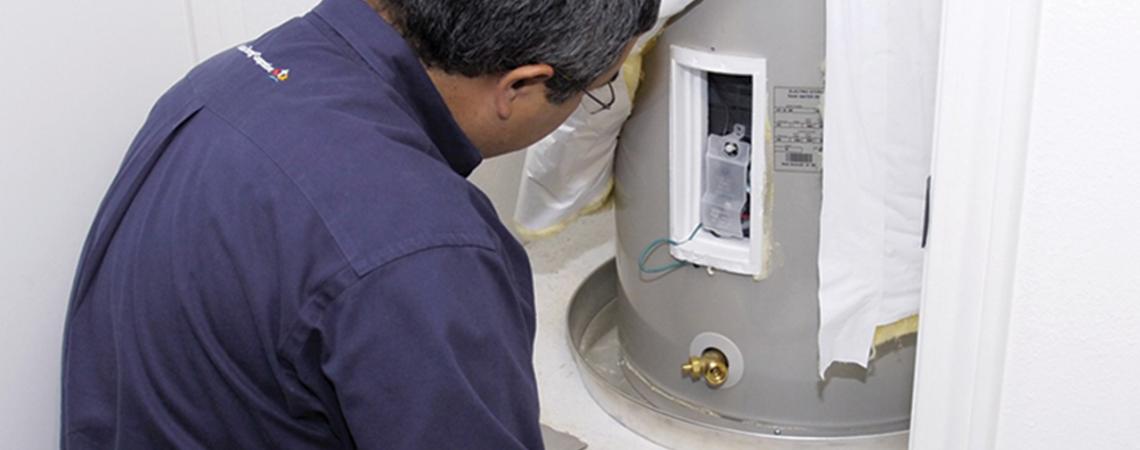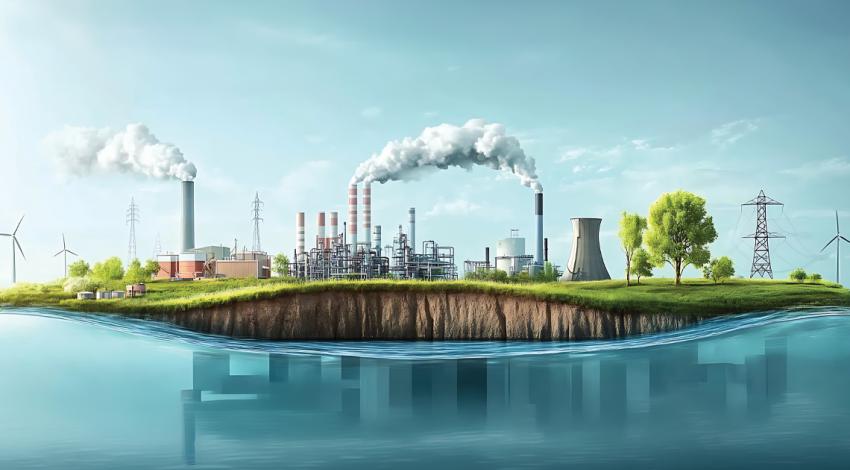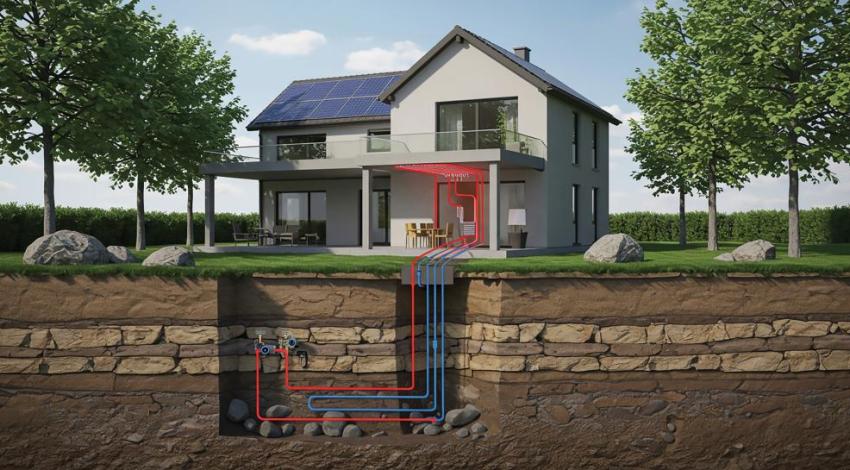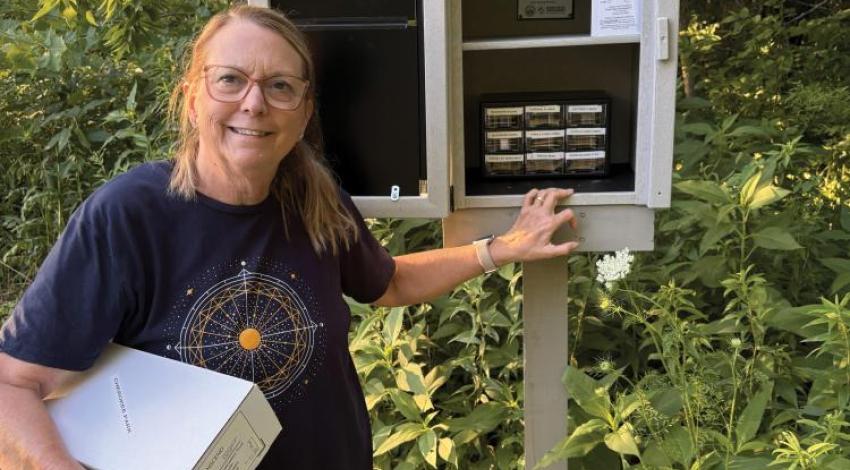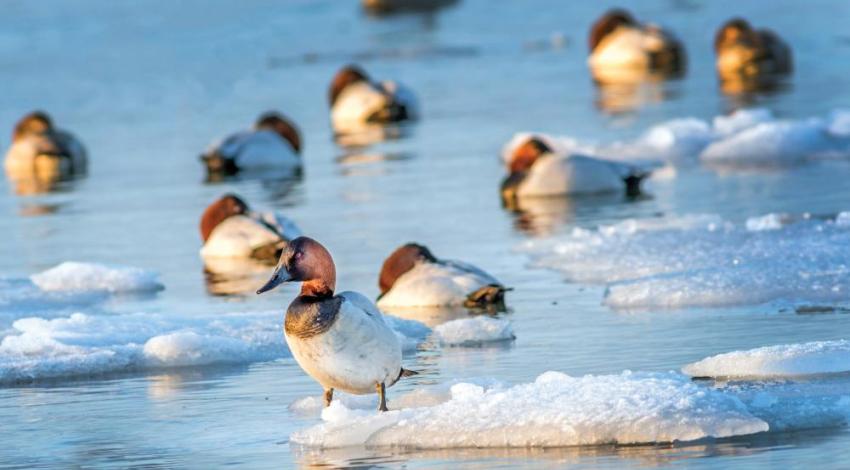Insulating your water heater and keeping the temperature at 120 degrees or below are two ways to save money on your utility bill.
When a water heater reaches a certain age, it can be easy to assume it’s living on borrowed time. It’s hard to say how long your water heater will last. Certified home inspectors estimate the life span to be about 10 years. Some manufacturers suggest 12 to 13 years, but it’s not unheard of for a water tank to last more than 40 years before the heating element finally gives out. That said, it’s wise to replace a water heater before it fails, because that failure can cause a lot of damage.
The life span of a conventional water heater (one with a tank) depends on factors such as the volume of water cycled through it, the hardness of the water, and the tank’s interior coating. There are a few warning signs that your tank or heating element may be failing:
- Water is leaking from the tank or pooling on the floor underneath it.
- Rust, corrosion, or mineral deposits are forming around fittings or release valves.
- The water temperature from your faucets is dropping.
Most experts believe that an important water heater maintenance practice is to drain the tank every year or two. However, Bruce Warnecke, energy services advisor at Hancock-Wood Electric Cooperative in North Baltimore, says that if your tank has not been drained in the past 6 to 7 years, you should avoid doing so, because draining could remove sediment in a way that could cause a leak.
Here are a few simple steps to increase water-heater efficiency:
- Insulate the first 6 to 10 feet of easily accessed hot water line.
- If the tank is warm to the touch or is in a cold location like your garage, consider insulating it with a heater blanket. Check the owner’s manual first, to make sure doing so won’t void the warranty. If you have a gas or propane water heater, be careful the blanket doesn’t block the unit’s air supply.
- Keep your water temperature at 120 degrees or less. This will help you save money on your heating bill.
Keep safety in mind. If you have a gas or propane water heater, pick up a carbon monoxide detector from the hardware store and install it near the heater.
Opportunities to save money on your hot water budget abound. Since showering accounts for almost 17 percent of indoor water use, you can save money by installing low-flow shower heads. Replacing older dishwashers and washing machines with more efficient models will also reduce your energy bills. Finally, repair leaky faucets or toilets, as those drips can add up quickly.
Pat Keegan writes for Collaborative Efficiency, an energy communications company.
